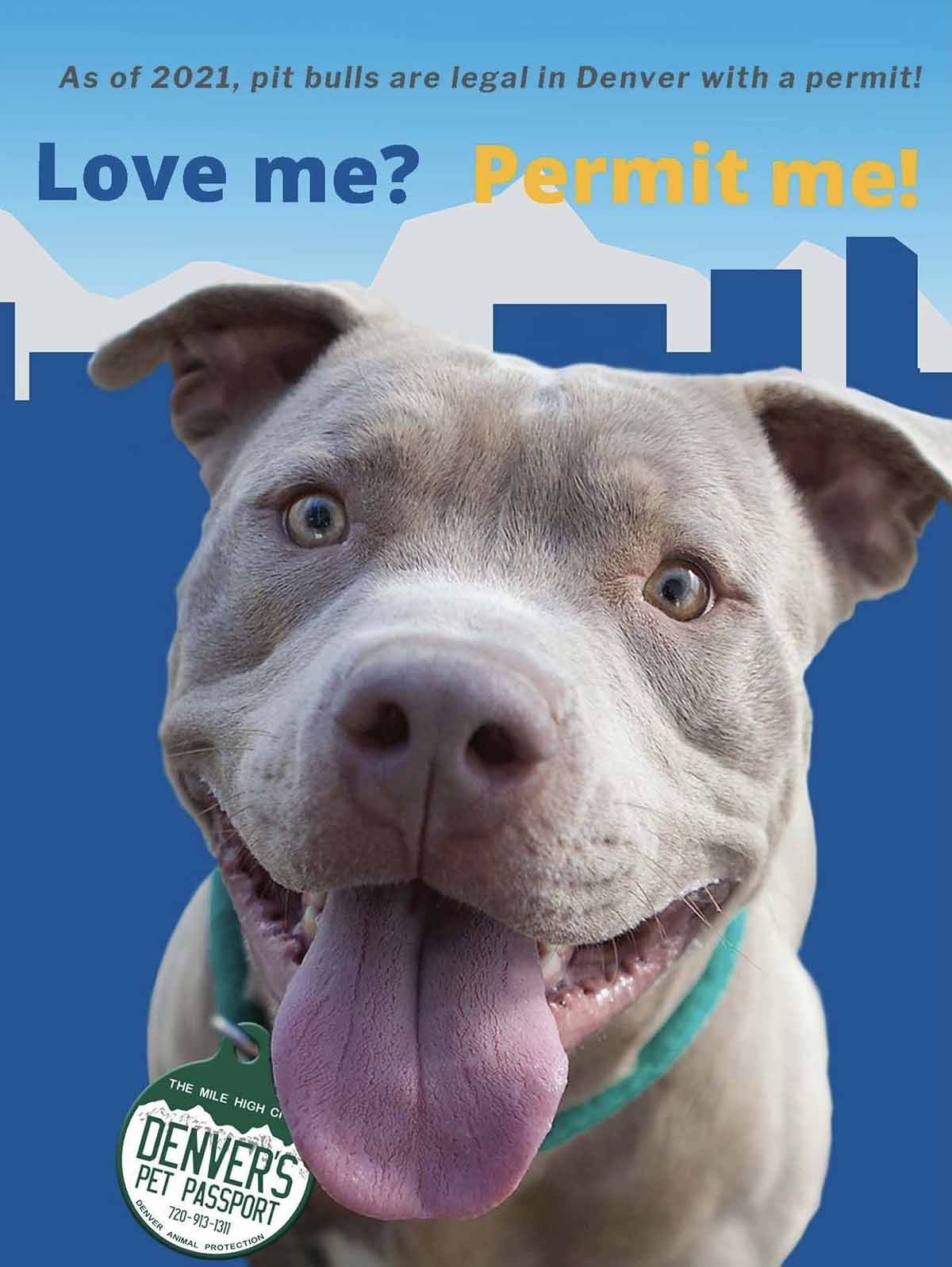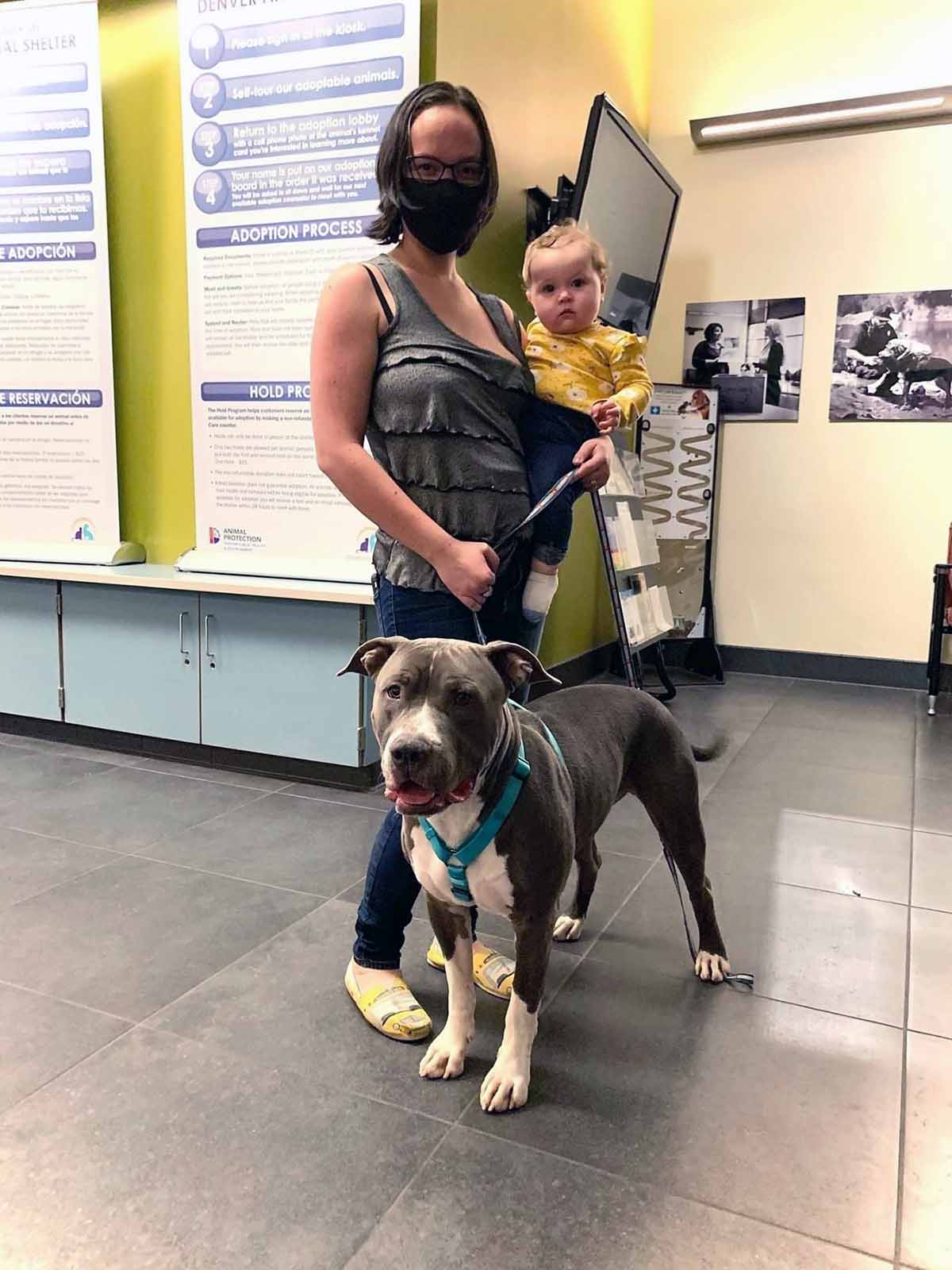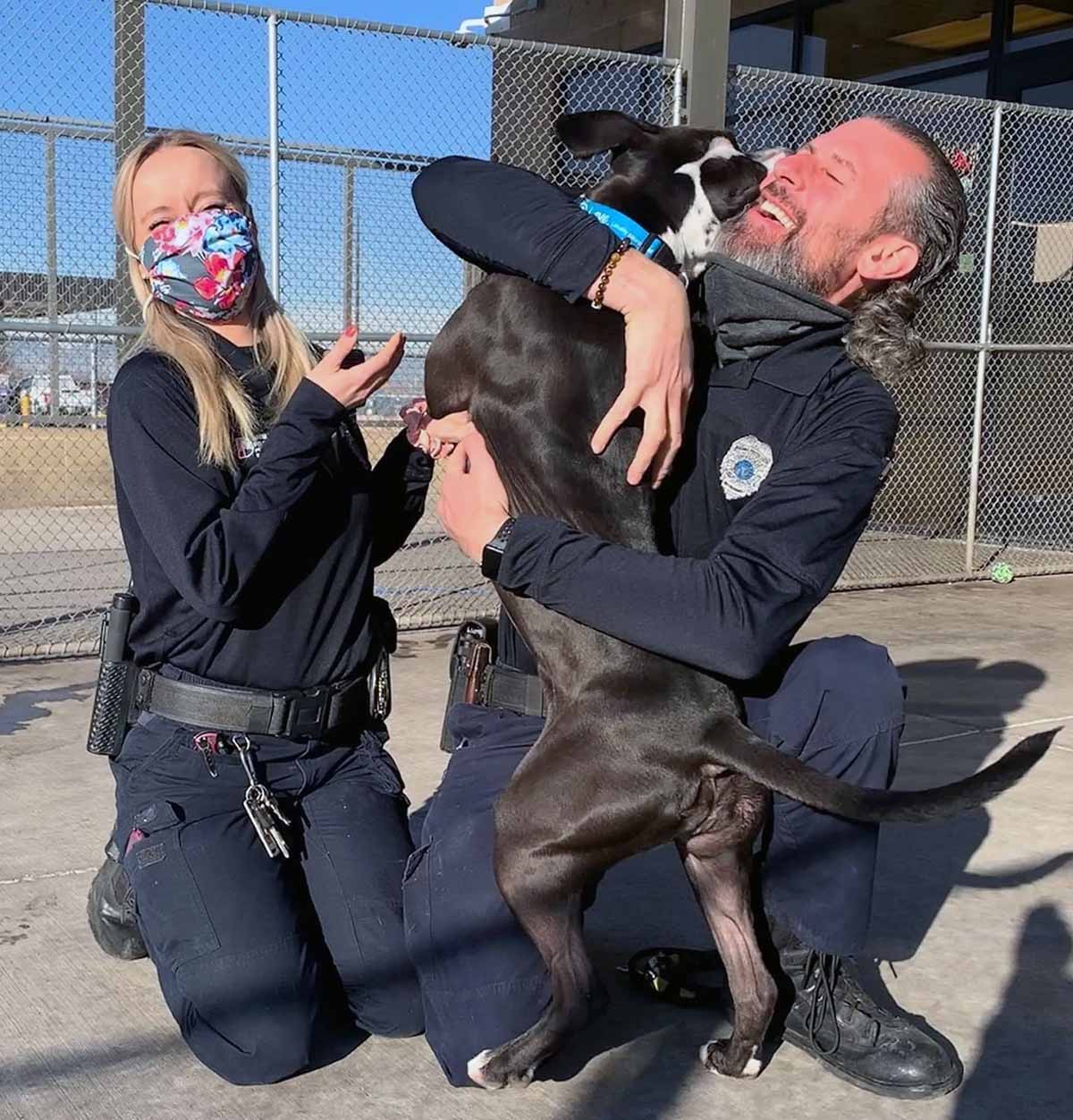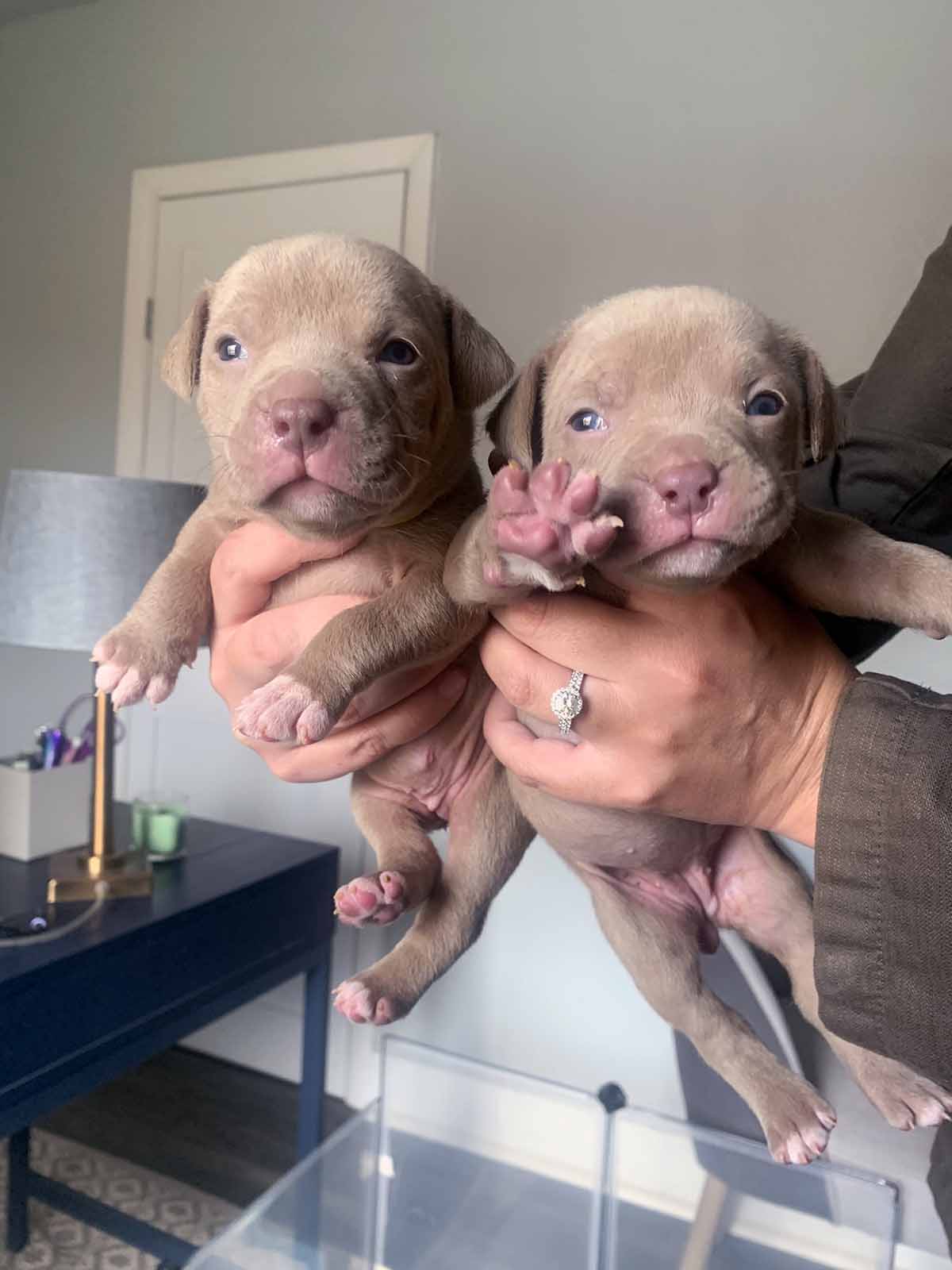Life After Denver BSL
Denver loves its dogs, which is why people are often surprised to learn that the county had a ban on pit bull-type* dogs in place for more than 30 years. In November 2020 voters approved the ballot measure to repeal the ban. The move to repeal Denver BSL (breed-specific legislation) was a big win for the animal welfare community and was celebrated by pittie lovers and advocates across the country.
So, what does this mean for Denver’s pit bulls?
There has always been a lot of harmful misconceptions around BSL in Denver. While the pit bull ban was in place, pit bull-type dogs that entered Denver shelters could not legally be returned to their owners or adopted out. Instead, they were transferred to shelters in cities that did allow pit bulls. Denver shelters leaned heavily on transfer partners like Humane Society Boulder Valley, who rose to the occasion and welcomed countless Denver pit bulls.
Unfair Restrictions Remain
While the ban has been lifted, there are still restrictions for the breed. Residents of Denver are limited to two pit bull-type dogs and must obtain a breed-restricted permit, which needs to be renewed every year for three years.
If there are no violations within the three years, the animal can be exempted from further breed-restricted permitting requirements. Further information on Denver’s breed-restricted requirements can be found here.

Post-BSL Celebrations
Gumdrop was the first pit bull adopted in Denver since the 80s. Her adoption was a historic and emotional moment for the shelter staff.
The first pit bull returned to their owner in Denver was a sweet girl named Nala that had been hit by a car. Denver Animal Protection’s veterinary staff treated her wounds and returned her to her owner, a moment that shelter staff gathered in the lobby to witness. Lots of happy tears were shed!

Animal Protection Officers Salter & Ettinger celebrated the end of the breed ban with pit bull Penguin.

Recently a litter of eight orphaned pit bull puppies was brought to the shelter. At only 9 days old, they required around-the-clock care that many shelters are not equipped to provide. I brought them home and bottle fed them for two weeks until they were weaned, at which time the shelter could transfer them to a private rescue.
Because the ban has been lifted, they get to stay in Denver.

Don’t Bully Our Bullies
Pitties, pibbles, land seals, velvet hippos … no matter what you call them, we love our pit bulls! Huge strides have been made to move away from breed discrimination, but unfortunately BSL is still enforced in many parts of the country.
There are a number of local and national advocacy groups dedicated to pit bulls and their well-being, including organizations like Stand Up for Pits and Pit Bull Advocates of America. If you are looking for ways to get involved in the fight against breed discrimination, check them out.
* “Pit bull” is not actually a breed. “Pit bull” is a term commonly used to refer to several types of breeds of dogs, including the bull terrier, American Staffordshire terrier (also called the American pit bull terrier) and Staffordshire bull terrier. It is a term assigned to dogs who have the physical characteristics of those breeds.

